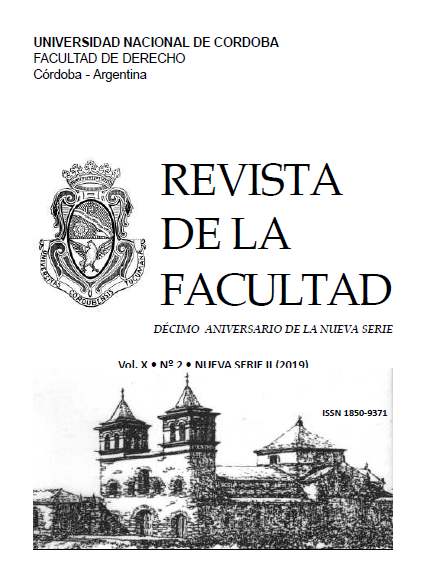LANGUAGE, INTENTIONALITY AND CONSCIOUSNESS. POSSIBILITY CONDITIONS FOR THE EXISTENCE OF THE HUMAN RIGHTS
Keywords:
Human rights, Biopragmatics, Language, Intentionality, ConsciousnessAbstract
The present article shows the results of an analytical study concerning the nature of the human rights, in order to provide a possible departure to the ontological dualism that is presented in the discussion between the Iusnaturalism and the Iuspositivism. To achieve this task, the contributions of the analytical philosopher John Searle are presented, especially those related to the theory of deontic powers based on his studies of language, philosophy of mind and social ontology, in order to unveil nature biopragmatic of the fundamental rights. In this sense, it goes on to show that language, intentionality and consciousness are necessary conditions for the existence of the human rights, their institutionalization and constitutionality, which shows that the ontology of these rights has both biological (natural) and social elements.
Downloads
Published
How to Cite
Issue
Section
License
La publicación del artículo implica la donación de los derechos de autor a la Facultad de Derecho, conservando el autor su derecho a utilizar el artículo en publicaciones de su autoría o páginas web referidas a su trayectoria. Para el caso de otro tipo de publicaciones, antes de su utilización, deberá obtener autorización de la facultad.


